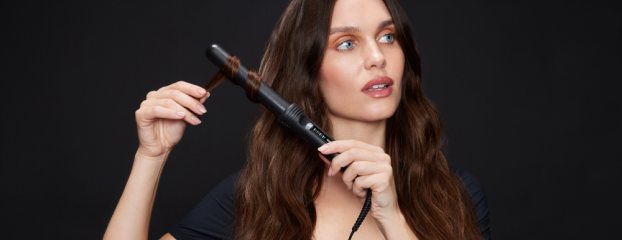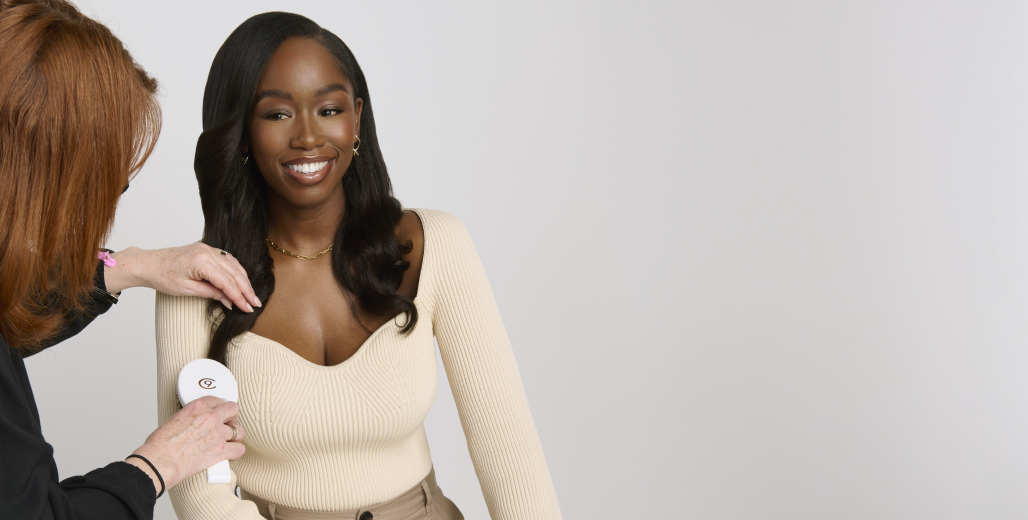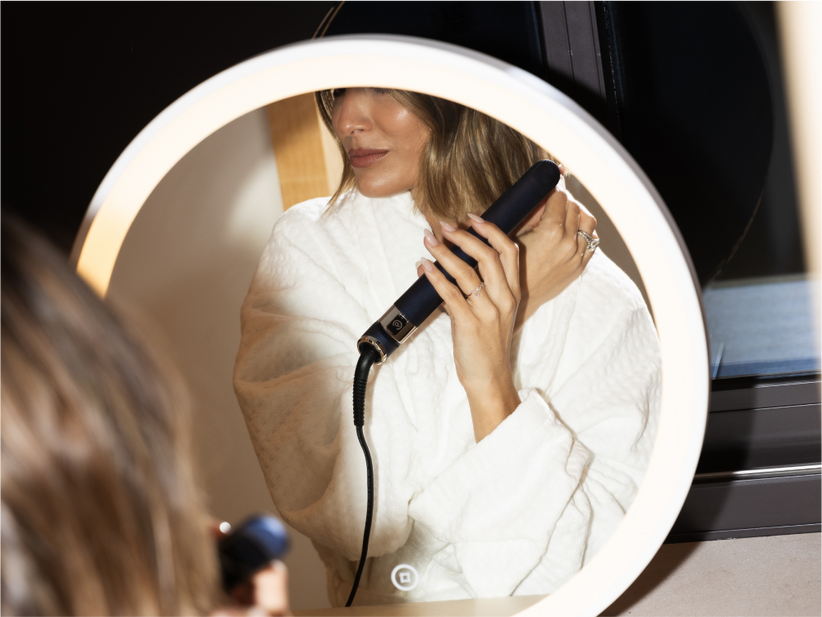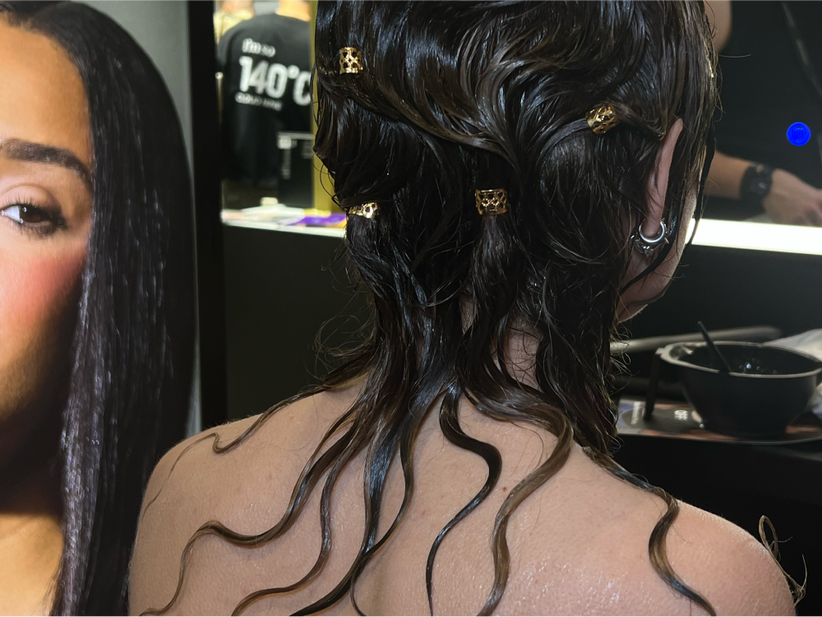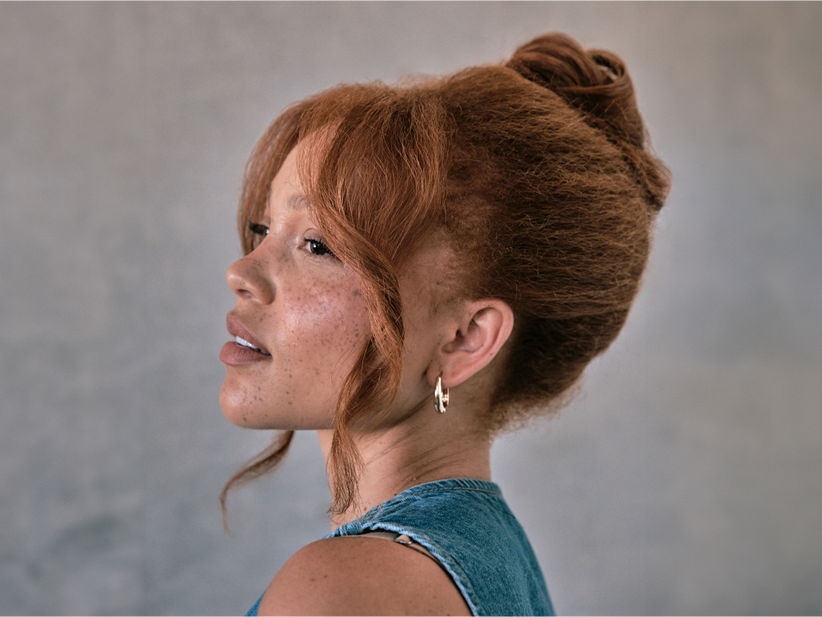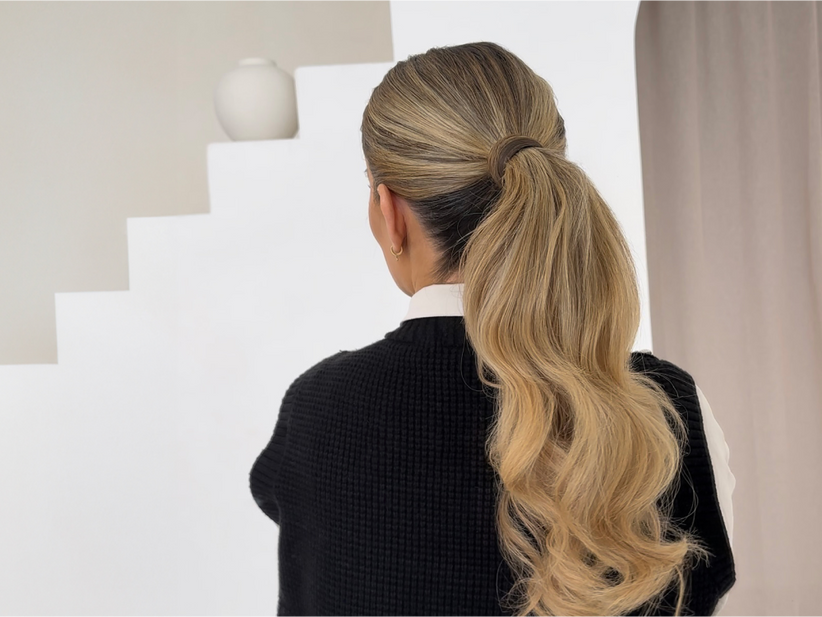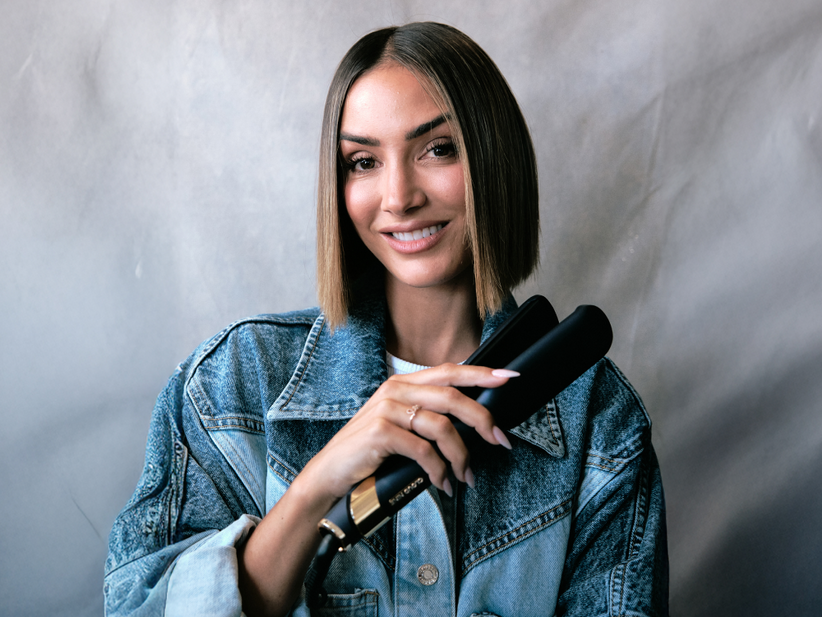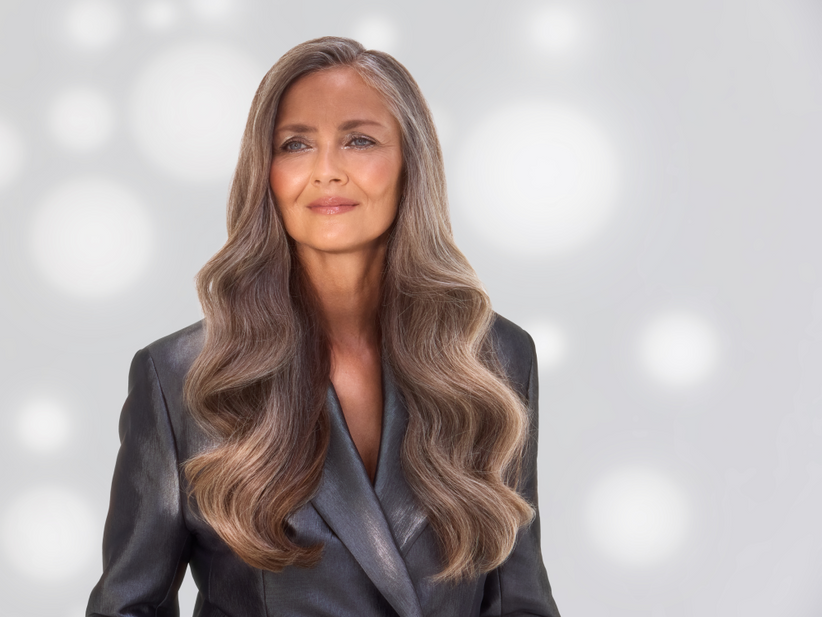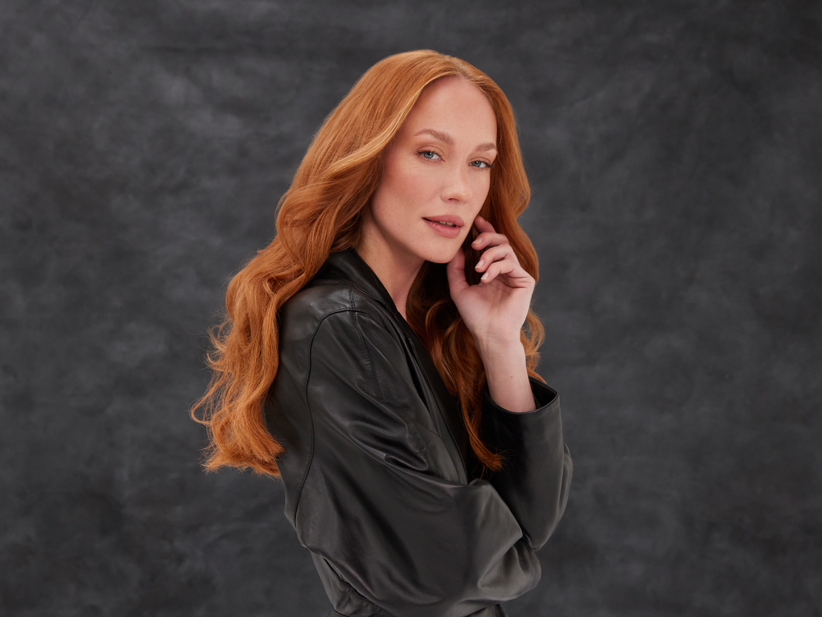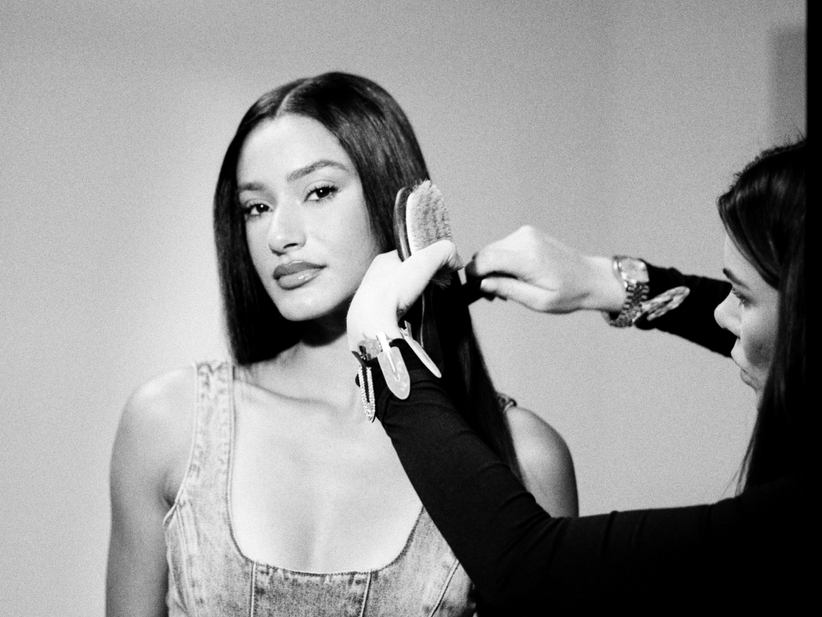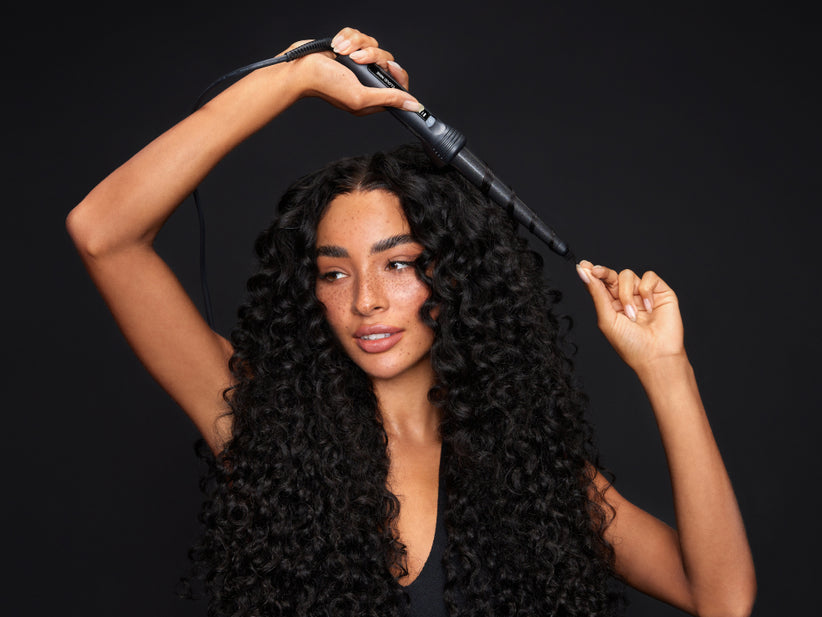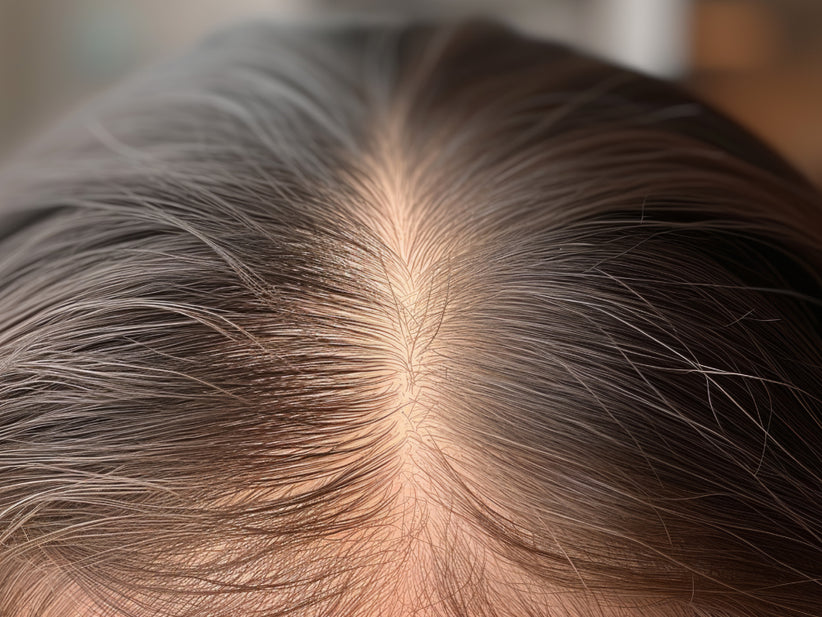If you’re experiencing hormonal hair loss, you’re not alone – hormonal hair loss can happen to anyone, of any age or sex. In this guide, we’ll help you make sense of the part hormones play in hair loss and how you can deal with it in a way that suits you. So you can feel confident in your own skin – and hair.
Don’t worry if: You find a few hairs in the shower drain after washing your hair. With an average of 100,000 hairs on the human head, losing 50 to 100 hairs daily is normal. However, if you notice a significant increase in hair loss, it's wise to speak to your doctor about possible causes.
KEY TAKEAWAYS: HORMONAL HAIR LOSS
- Hormonal hair loss encompasses conditions like androgenetic alopecia, anagen effluvium, and telogen effluvium.
- During pregnancy, hormonal changes can lead to pre-birth and postpartum hair loss, influenced by nutrient deficiencies, hormonal fluctuations, thyroid issues, stress, prior illness, and hair care practices.
- Menopausal stages – Perimenopausal, Menopausal, Postmenopausal – affect hair health, manifesting as thinning, brittleness, weakness, loss, altered texture, volume, or scalp condition.
- Stress-induced hormone fluctuations may result in hair thinning, shedding, breakage, and scalp problems.
- Illnesses such as thyroid disorders, PCOS, Cushing’s syndrome, adrenal gland disorders, diabetes, hypopituitarism, and anorexia nervosa can disrupt hormonal balance, impacting hair.
- Treatment options for hormonal hair loss include nutrition, hydration, specific hair products, scalp treatments, wigs, going natural, Hormone Replacement Therapy (HRT), and medications.
- Strategies to prevent hormonal hair loss involve maintaining scalp hygiene, scalp massage, hydration, balanced diet, stress management, and proper hair care.
- Coping mechanisms for dealing with hormonal hair loss include acceptance, communication, using hair coverings, practising patience, and avoiding ineffective remedies.
WHAT IS HORMONAL HAIR LOSS?
Hormonal hair loss is when your hair starts to fall out because of a combination of hormonal imbalances and genetics. Changes in your hormones can make your follicles produce weaker and shorter strands. Eventually, these follicles can stop producing hair altogether, leaving you with noticeable patches of thinning or bald spots.
Both men and women, old or young, can experience hormonal hair loss – but it tends to look a bit different depending on your gender. Men might notice their hairline receding or thinning at the crown, while women might see their hair thinning all over without any major changes to their hairline. It can take the form of "thinning" or involve a total loss of hair and it can be gradual or sudden.
There are different types of hormonal hair loss:
1. Androgenetic alopecia
Also known as male or female pattern baldness, is basically when your hair starts to thin and fall out, especially in certain areas. Blame it on genetics and hormones – the follicles get smaller, and your hair gets finer over time. It's like your hair is slowly waving goodbye.
2. Anagen effluvium
This often shows up during the growth phase of your hair. Think sudden hair loss, often down to chemotherapy or certain meds. Your hair growth takes a sudden halt, leaving you with some unexpected shedding.
3. Telogen effluvium
Telogen effluvium is your hair's way of saying, "I need a break!". It's temporary and usually happens because of stress, hormones doing their thing (especially during pregnancy), or maybe some nutrient gaps. Your hair sheds a bit more than usual, but don't worry – it's just taking a breather before bouncing back.
Speak to your doctor if: You’re not sure why you’re losing hair. We’d always advise a trip to your doctor to help determine the causes of hair loss and the best treatment for you and your hair.
WHAT CAUSES HORMONAL HAIR LOSS?
Many factors can disrupt your hormones and kickstart hair loss – genetics, getting older, fluctuations in your hormones, and even certain health conditions. Plus, things like stress, some medications, and your lifestyle choices can make it worse. In this section, we’ll outline some of the main causes of hormonal hair loss.
Hormone changes in pregnancy
It’s a well-known fact that hormones can wreak havoc on your hair during – and after – pregnancy. While some expectant mums may experience thicker, shinier locks due to increased oestrogen levels, it’s common to face challenges such as hair loss or changes in texture.
Pre-birth hair loss
During pregnancy, a woman’s body experiences a surge in the hormone oestrogen. This hormone can slow down the hair’s natural shedding cycle, leading to the retention of hair for longer periods. As a result, women may notice their hair appearing thicker and fuller during pregnancy.
However, for many pregnant women, the reality can be quite different. Instead of experiencing the expected thickening and increased shine, they find themselves dealing with unexpected hair shedding, sometimes referred to as telogen effluvium. Several factors could contribute to this:
- Vitamin or mineral deficiencies. Pregnancy increases demands on your body's resources, potentially leading to deficiencies in essential nutrients like iron. Low iron levels have been linked to hair loss in women.
- Hormonal fluctuations. Rapid changes in hormone levels during early pregnancy can disrupt the hair growth cycle, leading to increased shedding.
- Thyroid issues. Low thyroid levels (hypothyroidism), can cause hair loss as a side effect. It’s usually seen in pregnant women with a family history of thyroid disorders.
- Stress. High levels of the stress hormone cortisol can impact the function of hair follicles, leading to increased hair shedding. Pregnancy-related stress or other life stressors may contribute to pre-natal hair loss.
- Hair care habits. Tight hairstyles and other damaging hair practices (such as excessive heat or chemical styling) can lead to hair loss unrelated to pregnancy. Learn more about detox-friendly hair styles.
- Previous illness. Recovery from acute illnesses, such as viral infections, can also trigger temporary hair loss.
Postpartum hair loss
After giving birth, oestrogen levels drop, triggering a phase of significant hair shedding known as telogen effluvium. This shedding typically occurs around three months postpartum and is simply the excess hair retained during pregnancy finally making its exit. While seeing clumps of hair in your brush may be alarming, rest assured that this is a normal part of the postpartum experience and usually sorts itself out in the months following childbirth.
Don’t worry if: You shed hair around three months after having your baby – this is a normal part of the postpartum experience.
Hormone changes in menopause
Hair is often seen as a reflection of our inner health and vitality, serving as a tangible indicator of our overall well-being. However, when menopause arrives, it can bring about significant changes in our hair health, over a span of 20+ years.
The stages of menopausal hair
Menopause unfolds in three stages, each with its own set of challenges for hair health:
- Perimenopausal – Lasting around 4-8 years, this stage marks the onset of hormonal fluctuations leading up to the menopause.
- Menopausal – Spanning about 7-14 years, this phase is marked by the stopping of periods and a significant drop in hormone levels.
- Postmenopausal – Lasting approximately 4-5 years, this stage comes after the menopause and is when hormone levels stabilise.
Thinning, brittle, weak hair, and hair loss
Oestrogen plays a huge role in helping the growth phase of hair follicles. As oestrogen levels drop in menopause, hair follicles may transition more rapidly into the shedding phase, leading to an uptick in hair loss. Studies suggest that approximately 50% of women over 50 experience some form of hair loss during menopause. Hair may appear thinner, and the scalp may become more visible, typically beginning around the parting and sides of the hair. Stress and thyroid conditions can make hair thinning worse during menopause.
Changes in texture and volume
One of the most telling signs of menopausal hair changes is a shift in texture and volume. Hair may undergo dramatic changes, such as the disappearance of curls or unexpected curls in previously straight hair. Also, hair can become oily, dry, coarse, or brittle, losing its youthful vibrancy and elasticity.
It’s really important to take care when using heat styling tools such as hair dryers, irons or wands. That’s where the CLOUD NINE Temperature Calculator comes in, showing you the perfect temperature for your hair to minimise damage. Many of our CLOUD NINE straighteners also feature Revive Mode™ which uses Axial Vibration Technology™ to vibrate the plates so they glide through your hair with minimum friction – breaking the cycle of breakage. The 2-in-1 Contouring Iron Pro comes with Revive Mode™ on all temperature settings – allowing for safe heat styling for both curling and straightening. This feature makes a desired look achievable using gentle heat which is kinder to thinner, weak, and more brittle hair commonly experienced during menopause.
Change in scalp condition
Menopause can also impact scalp health, with changes such as thinning skin, dryness, increased irritation and itching. Scalp conditions like dandruff and psoriasis may get worse due to decreased natural oil production. To combat this, adopt a gentle scalp care routine by using products designed to soothe and nourish your scalp. Learn more about scalp care routines.
Don’t worry if: You experience hair loss during menopause. Menopausal hair loss is common, and it's not forever – and there are things you can do to help boost hair growth.
Hormone changes due to stress
Stress isn't just a mental burden – it can affect your hair too. Whether you're pulling all-nighters at work or juggling several things at once, stress can send your hair follicles into a tailspin. It's like your body's way of signalling there’s too much going on.
Also known as telogen effluvium, stress-related hair loss is down to the body releasing more cortisol (known as ‘the stress hormone’) and testosterone. This can increase the level of Dihydrotestosterone (DHT) in the bloodstream and lead to an increase in hair loss.
Here are some signs to look out for:
- Hair everywhere. You're finding more hair on your brush, pillow, or in the shower drain.
- Thinning on top. Your hair isn't as thick or lush as it used to be, especially at the crown.
- Brittle strands. Your hair feels dry and snaps easily, like it's lost its mojo.
- Scalp issues. Stress can also lead to itchiness or flaking skin.
Speak to your doctor if: Your hair loss is on-going even after a stressful period has passed. They will be able to help you pinpoint possible causes of your hair loss and help with treatment options.
Hormone changes due to illness
Hair loss can be a distressing side effect of some illnesses or treatments, such as chemotherapy. Here are a few conditions that can cause hair loss.
Thyroid disorders
Conditions like hypothyroidism (underactive thyroid) and hyperthyroidism (overactive thyroid) can disrupt hormone levels, leading to hair loss. Thyroid hormones play a crucial role in regulating metabolism and hair growth, so imbalances can impact the hair cycle.
Polycystic Ovary Syndrome (PCOS)
PCOS is a hormonal disorder common among women of reproductive age. It's usually caused by imbalances in reproductive hormones, particularly higher levels of androgens (male hormones). This hormonal imbalance can cause hair thinning or hair loss on the scalp, as well as excess hair growth in other areas like the face and body.
Cushing's syndrome
This rare condition occurs when the body is exposed to high levels of the hormone cortisol over an extended period. Cortisol, often called the stress hormone, can lead to thinning of the scalp hair and excessive hair growth on the face and body.
Adrenal gland disorders
Disorders affecting the adrenal glands, such as Addison's disease, can disrupt hormone production, including cortisol and aldosterone. Hair loss is a common symptom of adrenal gland disorders due to hormonal imbalances.
Diabetes
Both type 1 and type 2 diabetes can affect hormone levels in the body, leading to hair loss. Also, diabetes-related complications like poor circulation and inflammation can impact hair follicles' health and lead to hair thinning.
Hypopituitarism
This condition occurs when the pituitary gland fails to produce enough hormones, which can include hormones that regulate hair growth. Hair loss is one of the symptoms of hypopituitarism.
Anorexia nervosa
Eating disorders like anorexia nervosa can disrupt hormone levels, particularly affecting reproductive hormones. Nutritional deficiencies associated with anorexia can also impact hair health, leading to thinning or hair loss.
Speak to your doctor if: You think you may have hair loss as a result of an illness. They will be able to confirm the causes of your hair loss and suggest a personalised treatment option.
TREATING HORMONAL HAIR LOSS
Hormonal hair loss may feel like an uphill battle, with the right treatments and strategies, you can take charge of your hair health and feel fabulous from root to tip. Whether you opt for hormone replacement therapy, choose your dream wig, or simply focus on nourishing your hair from within, there's a solution out there that's perfect for you.
However, it’s worth remembering that hair loss is often temporary, and your hair may regrow on its own without requiring treatment. When hair loss is due to a medical condition, it typically regrows once the underlying issue is treated.
Nutrition and hydration
You are what you eat, and that applies to your hair too. Nourish your locks from the inside out by enjoying a balanced diet rich in hair-friendly nutrients. Load up on foods like kale, sprouts, oily fish, nuts, and seeds, which are packed with omega-3 fatty acids and essential vitamins and minerals. And don't forget to stay hydrated – drink plenty of water to keep your hair and scalp happy and healthy.
Shampoos and conditioners
Give your hair some extra TLC with specially formulated shampoos and conditioners designed to support hair growth and minimise hair loss. Look for products enriched with ingredients like biotin, keratin, and vitamins to strengthen and nourish each hair strand from root to tip.
Hair oils
Hair oils can potentially help with hormonal hair loss by nourishing the scalp, strengthening the hair follicles, and promoting overall hair health. Certain hair oils, such as coconut oil, rosemary oil, argan oil, and castor oil, are rich in vitamins, minerals, and fatty acids that can penetrate the scalp and hair shaft, providing hydration, improving circulation, which can boost hair growth. Massaging these oils into the scalp can also stimulate blood flow, which may encourage hair follicles to remain in the growth phase longer.
Scalp scrub
A scalp scrub can boost hair growth by removing buildup, dead skin cells, and excess oil from the scalp. Ingredients like sugar, salt, or fruit pits physically exfoliate, while essential oils such as peppermint or rosemary stimulate the scalp. Nourishing oils like coconut or argan moisturise, while antioxidants like green tea can protect against damage.
Wigs
When it comes to hair loss, wigs are a classic go-to for many. Whether you're looking for a temporary solution or a more permanent one, wigs offer versatility, style, and confidence. With countless options available – from synthetic to human hair wigs – you're sure to find the perfect fit for you.
Cover up
A little bit of clever concealment can work wonders to hide thinning hair or bald patches. Experiment with hairstyles, hair accessories such as head bands, or even make up to camouflage thinning areas and create the illusion of fuller, thicker hair. With a bit of creativity and know-how, you can rock any look with confidence.
Pick up more hair health tips in the CLOUD NINE 9-Day Detox.
Speak to your stylist if: You need a helping hand in finding the perfect concealing hairstyle.
Go au naturale
Sometimes, less is more, especially when it comes to your hair. Steer clear of harsh chemical treatments and let your hair breathe. If you can, try to embrace your natural texture and colour, and give your hair a break from heat styling and chemical processes and encourage regrowth.
Hormone Replacement Therapy (HRT)
If you’re experiencing hormonal imbalances due to conditions like hypothyroidism or menopause, hormone replacement therapy (HRT) can be a game-changer. By supplementing the body with the hormones it's lacking, HRT can help restore hormonal balance and potentially slow down hair loss.
Medications
When it comes to combating male or female pattern baldness, medications can be a game-changer. Minoxidil is an example of a hair loss treatment that works by increasing blood flow to the scalp and stimulating hair follicles, promoting hair growth. Remember that these treatments do not work for everyone, only work for as long as they're used and are often not available on the NHS.
Speak to your doctor if: You want to try HRT, a medication or supplement to combat hair loss.
HOW TO STOP HORMONAL HAIR LOSS
Preventing hormonal hair loss is all about taking proactive steps to keep your hair and scalp in tip-top shape. Think of it as giving your hair the love and attention it deserves. Even if you’ve yet to experience hair loss, these tips are a great way to get into healthy hair habits to prevent hair loss in the future.
- Keep your scalp clean. Wash your scalp regularly with a gentle shampoo and conditioner to keep it healthy. No need to go overboard though, as too much washing can strip your scalp of its natural oils.
- Massage your scalp. Not only does it feel amazing, but a scalp massage also helps stimulate blood flow to your hair follicles, promoting healthy hair growth.
- Stay hydrated. Hydration isn't just important for your body, it's crucial for your hair too. Make sure you're sipping on plenty of water throughout the day to keep your scalp and hair hydrated.
- Eat well. Load up on nutrient-rich foods like fruits, vegetables, lean proteins, and whole grains to give your hair the vitamins and minerals it craves. Think omega-3 fatty acids, biotin, vitamin E, and vitamin D.
- Chill out. Stress can wreak havoc on your hormones, and that's bad news for your hair. So, take some time to relax and de-stress. Whether it's through meditation, yoga, or just doing something you love, find what works for you and make it a regular part of your routine.
- Treat your hair well. Avoid excessive heat styling, harsh chemical treatments, and tight hairstyles that can put stress on your hair follicles. And don't forget to use heat protectant products like the CLOUD NINE Magical Potion when you use heat styling tools like hair dryers, irons or wands. All of CLOUD NINE hair straighteners come with Variable Temperature Control, which means you can style at your ideal heat setting, to support your hair health.
HOW TO COPE WITH HORMONAL HAIR LOSS
Dealing with hormonal hair loss can be challenging, but you're not alone. From embracing self-care practices to exploring treatment options, there are ways to cope:
- Accept it. Take the time to come to terms with your hair loss. Focus on celebrating your good qualities and redirect your energy towards positivity.
- Talk about it. Open up to your friends, family, and loved ones about your hair loss. Share your feelings and tell them what kind of support you need.
- Cover up. Look at options for disguising your hair loss, such as wigs, hair extensions, scarves, or makeup. Experiment until you find something that suits you, whether it's covering up or embracing your natural look.
- Be patient. Understand that hair loss can be temporary, but regrowth can be unpredictable and may take years. Embrace the journey and remember that your new hair can come in any texture or colour.
- Avoid miracle cures. Don't fall for claims of miracle products promising to cure hair loss. There are no magic solutions for hair loss, so focus on realistic expectations and reputable treatments.
At CLOUD NINE, we’ve made it our purpose to unleash unstoppable confidence through hair styling that gives people great hair without damage and despair. We aspire to lead the way in the future of healthy hairstyling by providing innovative products which address specific concerns, such as hormonal hair loss. We aim to help people understand and manage conditions like hormonal hair loss, ensuring that they can maintain vibrant and healthy hair while embracing their innate beauty.
However you choose to deal with hormonal hair loss, we hope this guide has provided some useful information to help. If you still have questions about hormonal hair loss, it’s best to seek advice from your doctor.
Find out more about hair loss and what you can do about it on the NHS website.
HORMONAL HAIR LOSS: FAQs
Who is most likely to experience hormonal hair loss?
Both men and women, of any age, can experience hormonal hair loss. It tends to affect men more, often presenting as male pattern baldness. However, women can also experience hormonal hair loss, typically when hormones change – for example, in pregnancy or menopause.
Is hormonal hair loss permanent?
For some people, their hair loss might be temporary and bounce back after a few months or with the right treatment. But for others, it might be a more long-term situation. The key is to chat with your doctor who can help figure out what's up and recommend the best plan of action.
Is hormonal hair loss different from other types of hair loss?
Hormonal hair loss, like androgenetic alopecia, has specific triggers related to hormone imbalances and genetics. Other types, such as alopecia areata, occur when the immune system attacks hair follicles. There are many other causes of hair loss, including after a major illness, surgery or rapid weight loss.
How long does it take to see results from treatments for hormonal hair loss?
Patience is a virtue when it comes to treating hormonal hair loss. Results can vary, but it's common for treatments to take several months before you start noticing any significant changes. For the best outcome, follow your doctor’s advice and stick to their recommendations.
What’s a normal amount of hair to lose every day?
The average human head has around 100,000 hairs on it, and we can lose between 50 and 100 hairs a day, often without noticing. It’s perfectly normal to lose a few strands of hair each time you shower, especially if you’ve had your hair tied up beforehand. If you notice an increase in the amount of hair collecting in the shower drain, it’s best to consult with your doctor about possible causes.
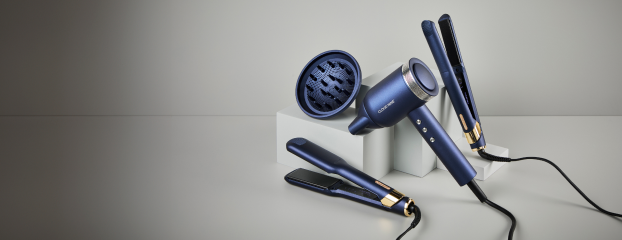
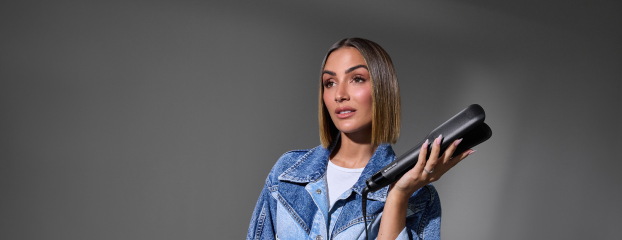
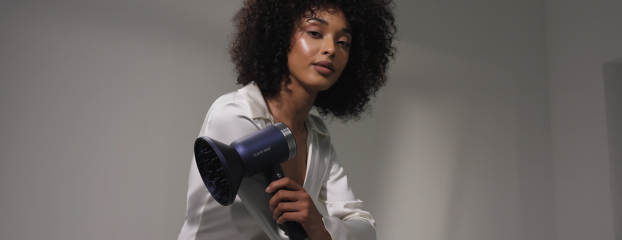
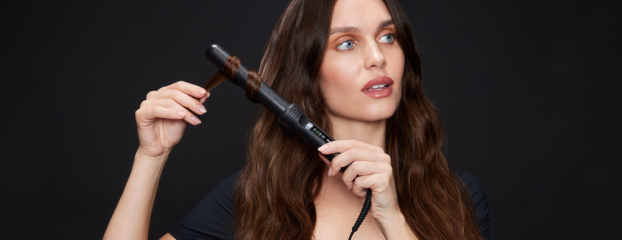
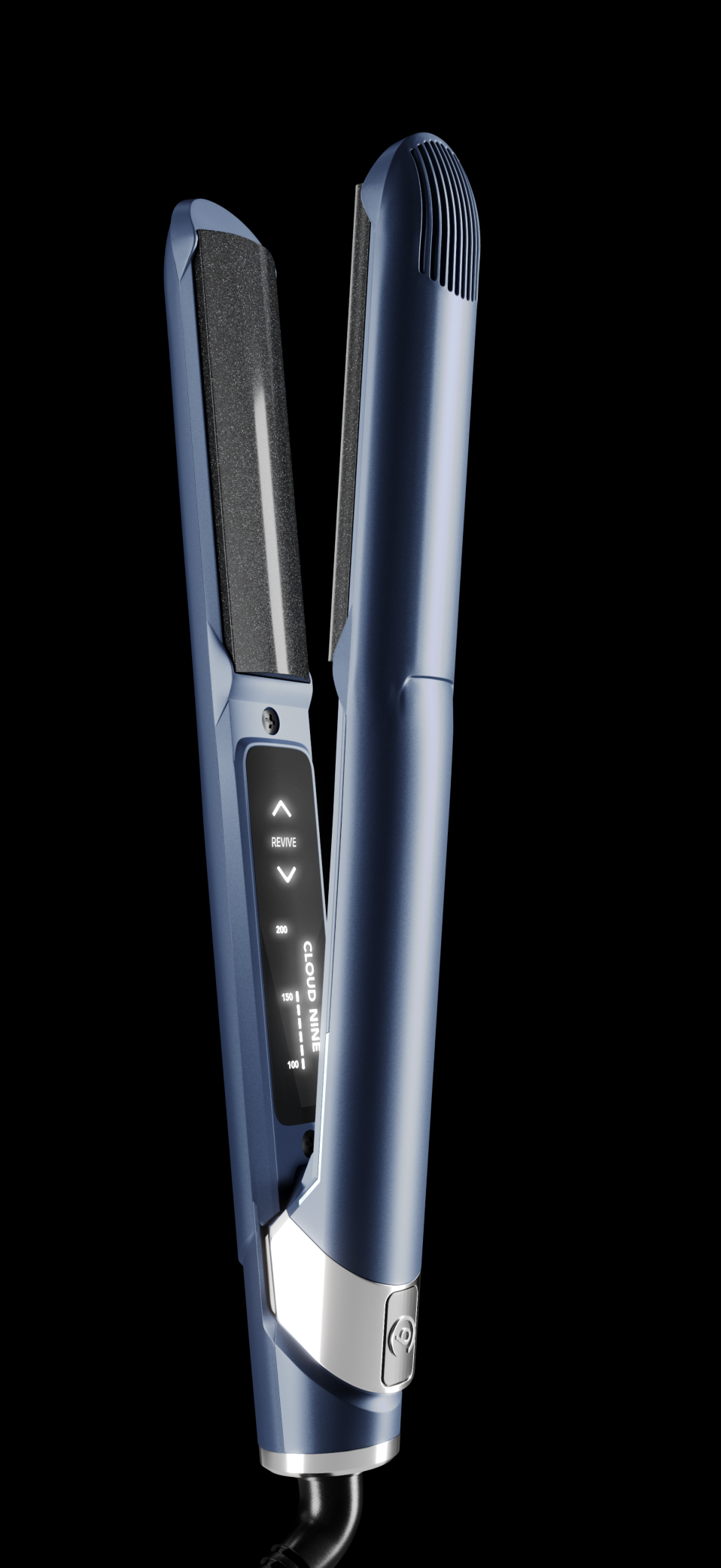
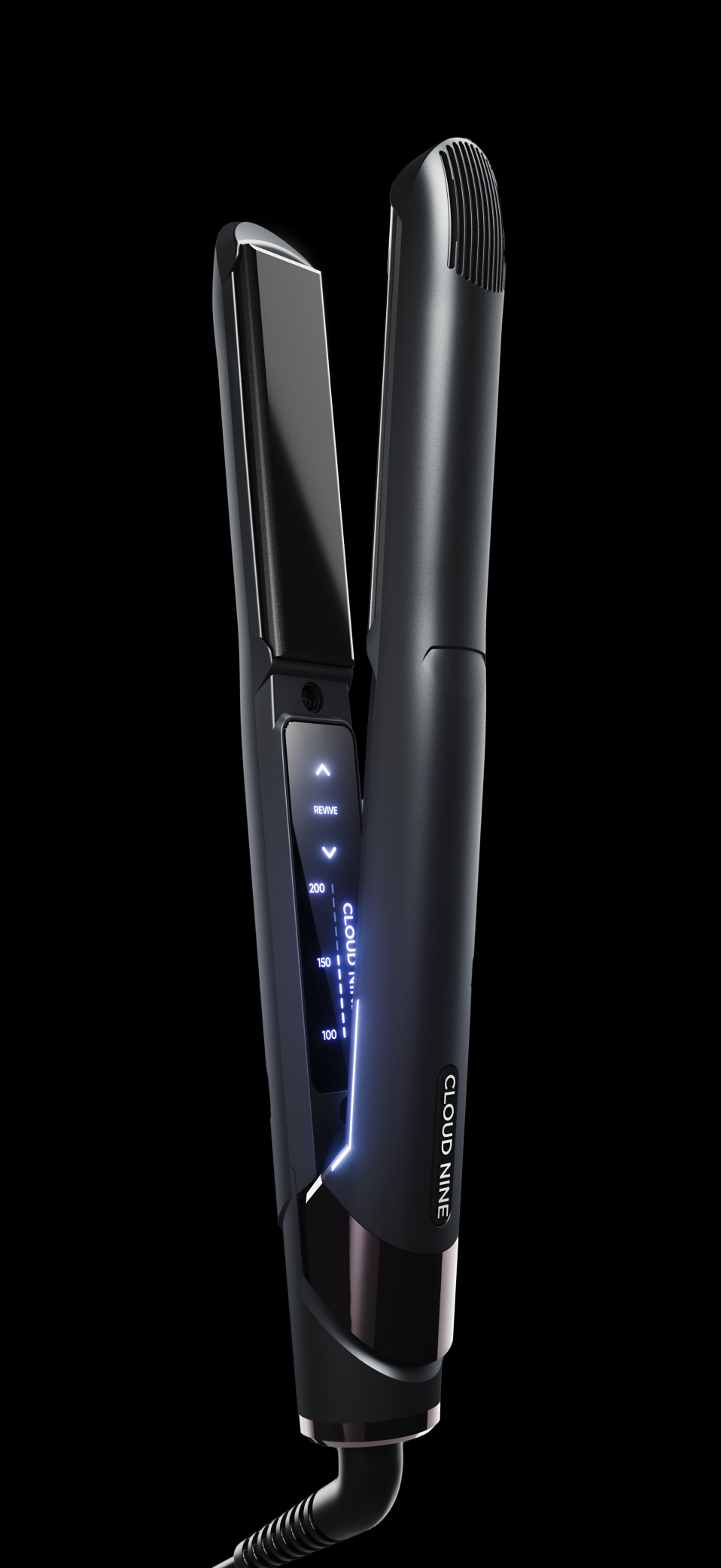
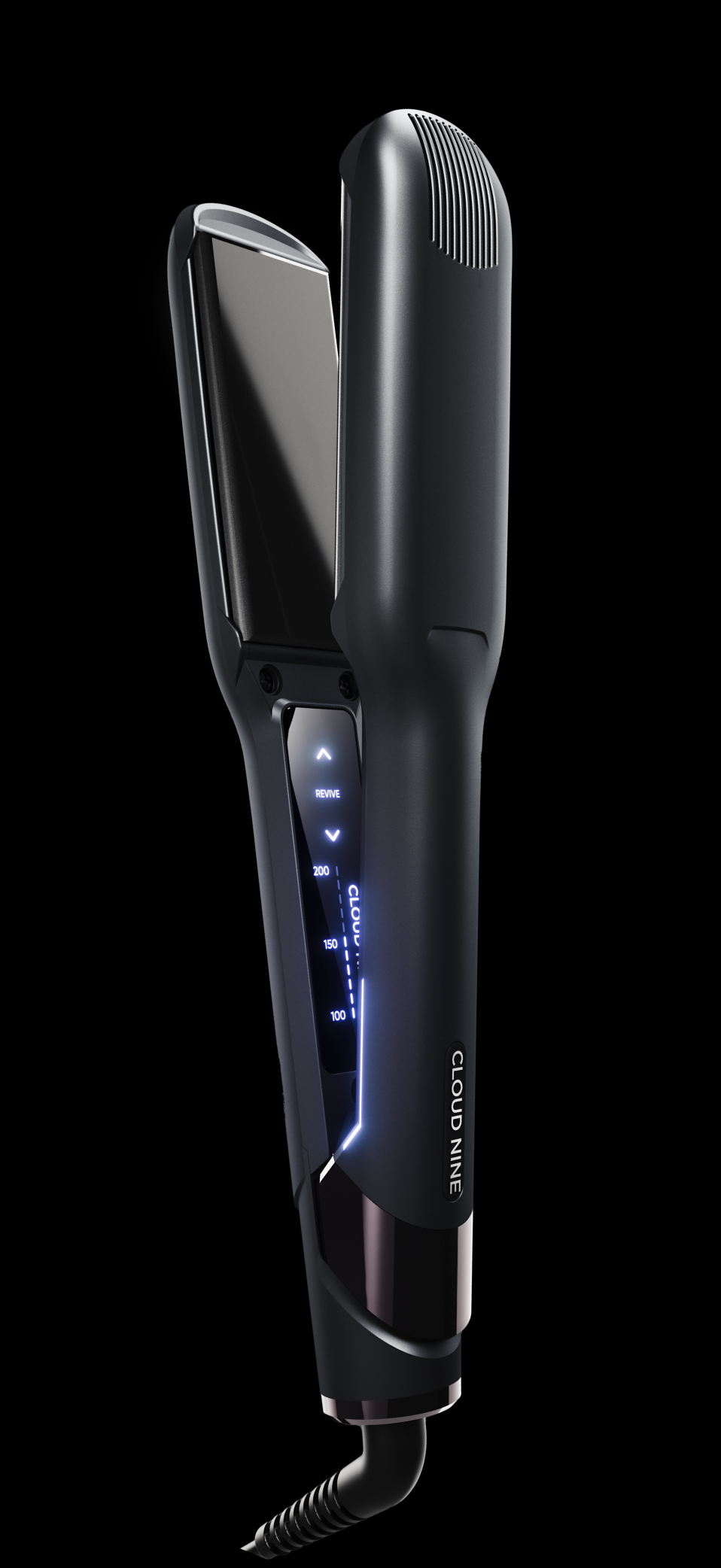
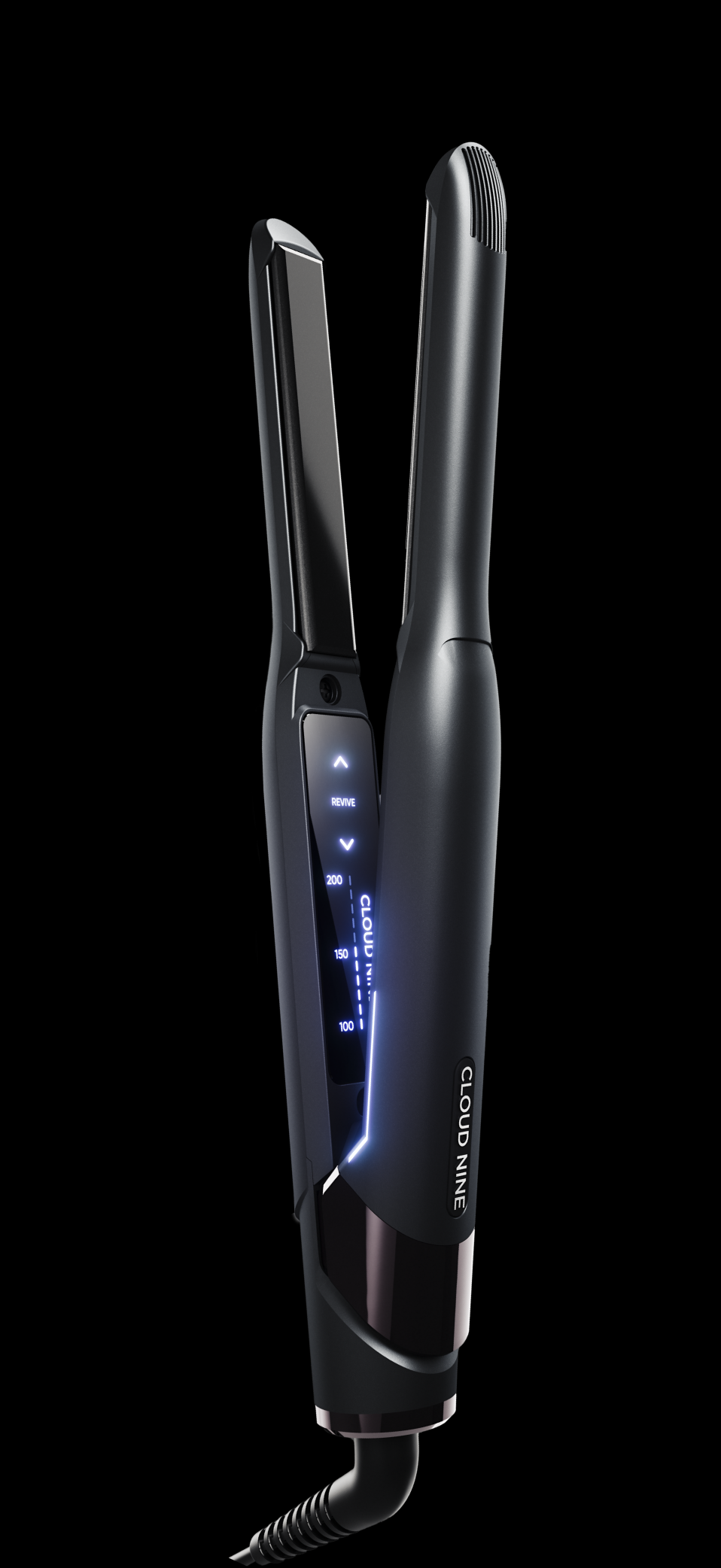
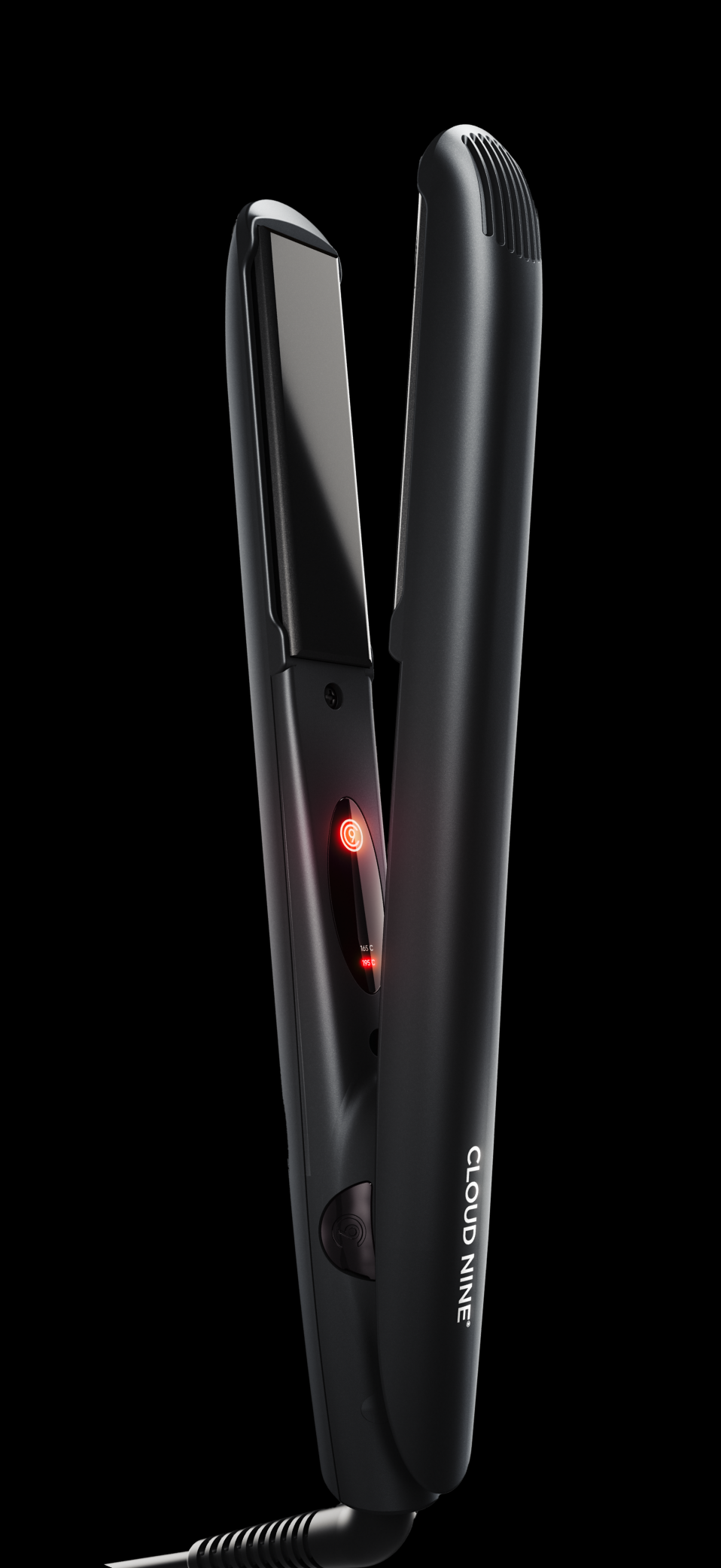
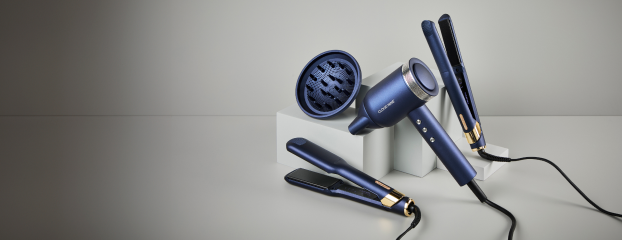
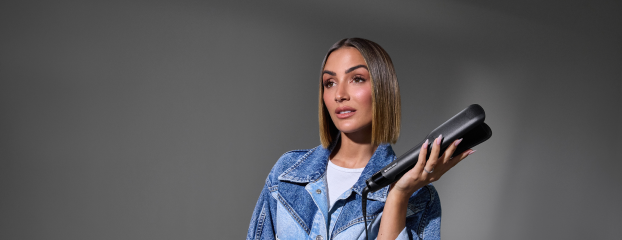
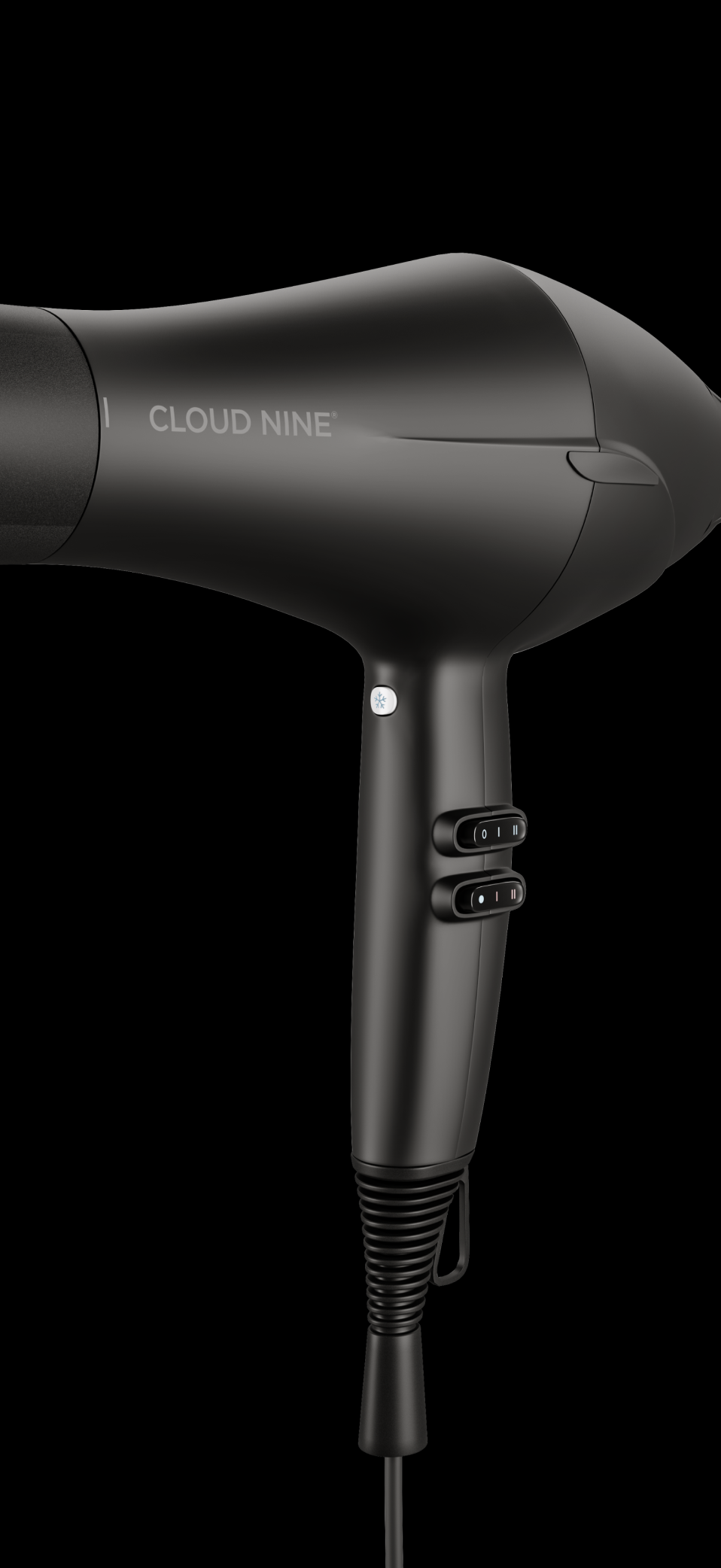
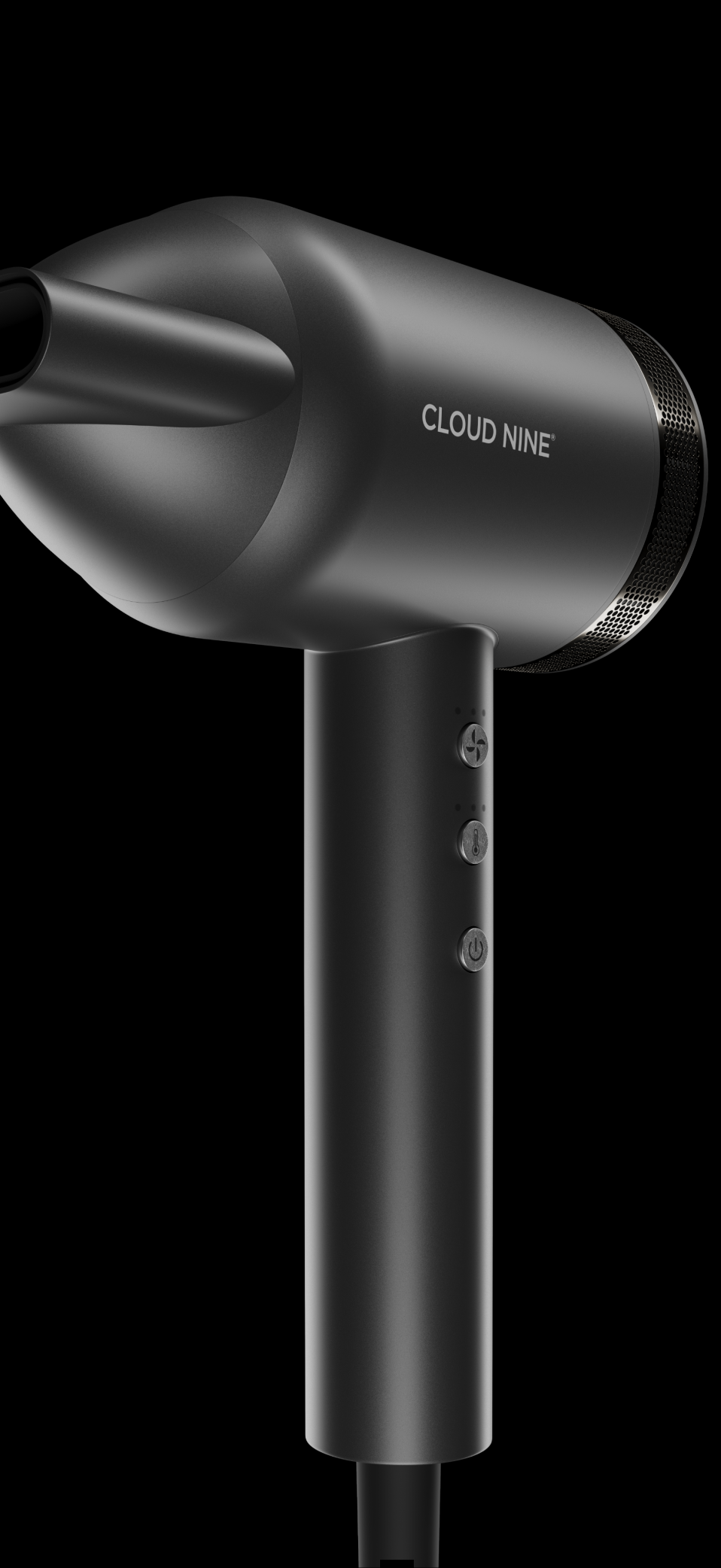
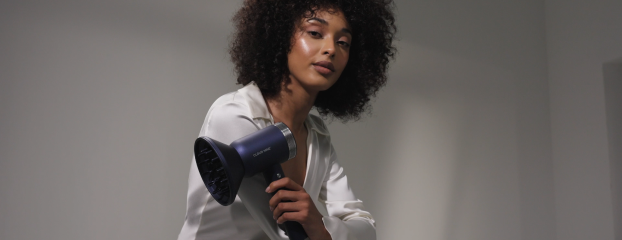
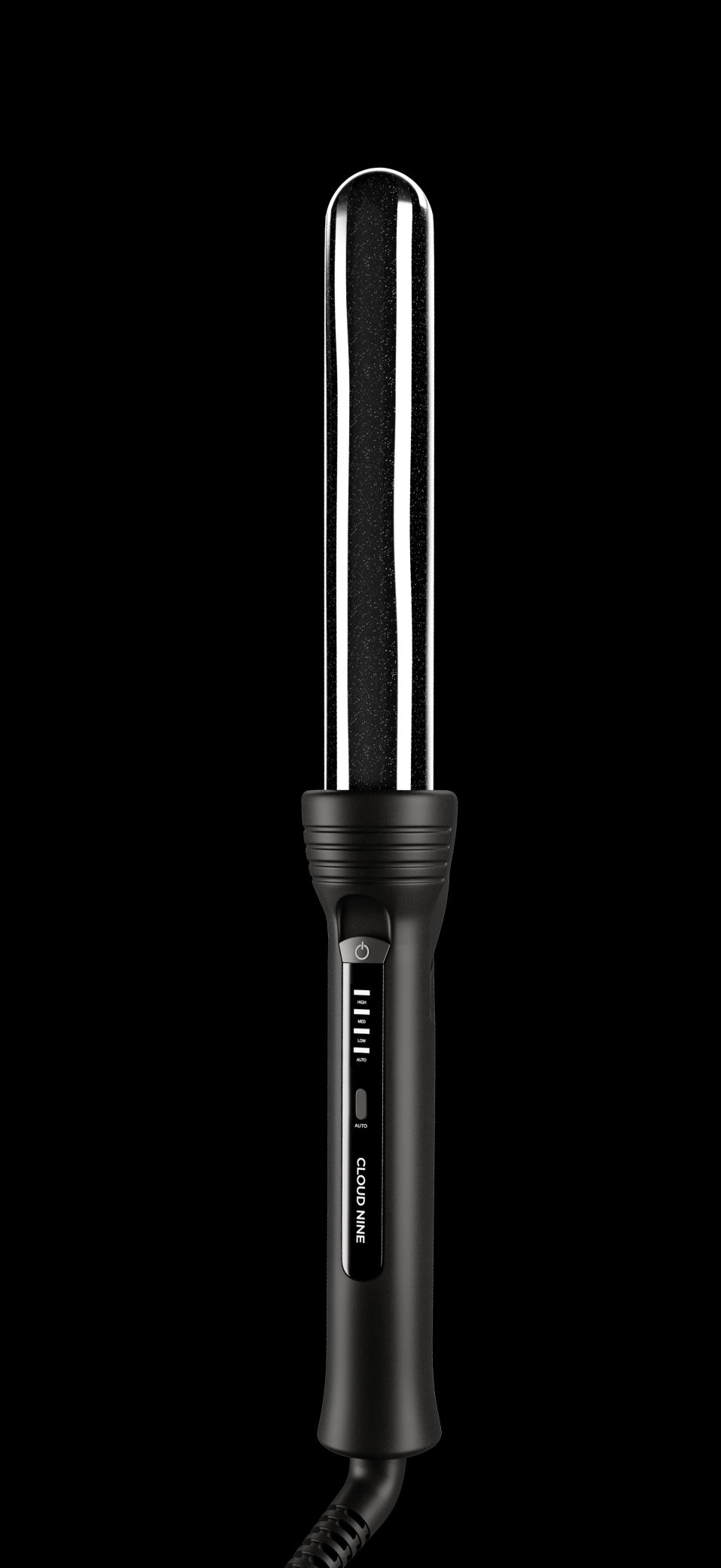
.jpg?v=1689753360732)
